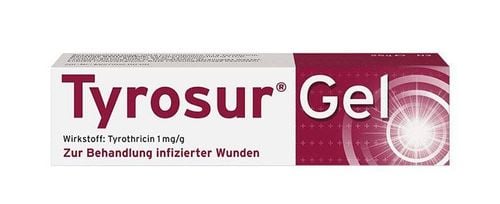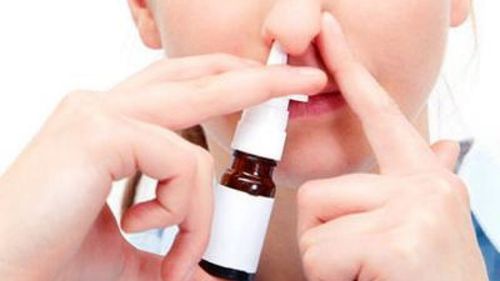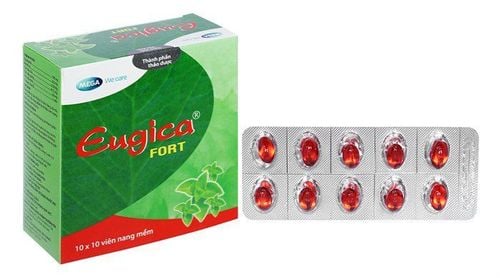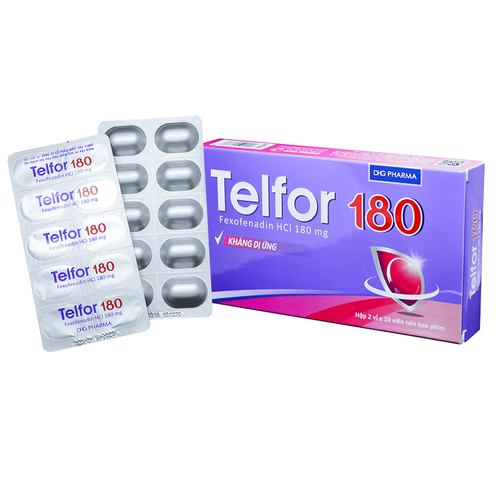This is an automatically translated article.
Runny nose is a common respiratory phenomenon that often occurs when the weather changes. Although it does not have many serious health effects, a runny nose can be uncomfortable for everyone.
1. Causes of runny nose
The structure of the nasal cavity is lined with a mucosal layer, on the mucosal surface is covered with a mucous mat that functions to keep dirt and harmful bacteria. Once the tissue layer in the nasal cavity is stimulated by factors such as chemicals, tumors, foreign bodies, etc., the secretory glands located in the epithelial layer are more active, causing more secretions than usual and cause a runny nose. A runny nose is a normal physiological phenomenon to protect the body, but it makes the patient uncomfortable, difficult to breathe, even affecting daily communication.
Trắc nghiệm: Bạn có phân biệt được chính xác cảm lạnh và cúm mùa?
Cảm cúm và cảm lạnh là hai khái niệm mà chúng ta thường đánh đồng nó giống nhau, không phân biệt rõ ràng. Dưới đây là một số câu hỏi trắc nghiệm, giúp bạn có thêm những kiến thức phân biệt cảm lạnh và cảm cúm. Từ đó, có những biện pháp điều trị bệnh phù hợp.2. Why does a runny nose when the weather changes?
The nose has 2 main functions: warming the air and filtering bacteria before being put into the lungs. These two functions are performed by nasal hairs and mucus in the nasal cavity.
Seasonal change, erratic sunshine and rain, weather changes create conditions for bacteria and viruses to increase while the body has not yet adapted to the change, which will lead to respiratory symptoms such as rhinitis, runny nose, sneezing, and especially a runny nose.
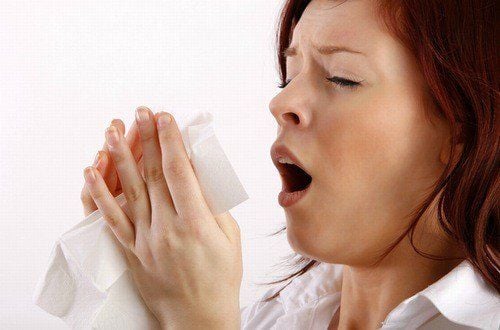
Vi khuẩn xâm nhập gây hắt hơi, sổ mũi khi thời tiết thay đổi
A study published by leading experts and otolaryngologists said that up to 96% of people surveyed had a runny nose when the weather turned cold, of which up to 48% were moderate and severe. Dr Murray Grossan at the Grossan Institute of Sinus and Health (USA) said: 'When mucus is secreted too much, it will flow out and this is a necessary response to protect the body when the weather changes. .
In addition, when the season changes, especially the high pollen season, it is easy for people with allergic rhinitis to sneeze and runny nose all day.
There are many causes of a runny nose, such as allergies or colds, not just the weather. Therefore, a runny nose can appear at any time of the year.
3. What should you do to prevent a runny nose when the weather changes?
Keep your body warm Dry or cold air as the seasons change are common causes of a runny nose. Therefore, it is necessary to keep the body warm, especially in important areas such as the neck, chest and nose. Massage the nose area when you wake up in the morning by rubbing it with your hands, breathing out and inhaling for a few minutes will help warm the nose area.
Always bathe with warm water in a sheltered place, wipe your body quickly and then put on clothes immediately to limit catching a cold.
In addition, you can use herbs such as honeysuckle, spearmint, mint, ... to warm the body, increase resistance, prevent runny nose when the weather changes.
When you wrap a towel around your nose and mouth when you go out, the air will be warmed through the towel before you breathe in. You'll also exhale moisture into the space to help humidify the air. Warming and humidifying the air helps the sinuses in your nose not have to produce as much moisture and your nose won't have a runny nose.
Appropriate nutrition should be supplemented with essential nutrients to increase the body's resistance such as zinc, vitamins such as A, C, omega 3, ... to enhance resistance, ability to fight pathogenic bacteria, thereby preventing runny nose.

Chế độ dinh dưỡng giàu vitamin A giúp tăng sức đề kháng
Nasal spray, nasal irrigation with physiological saline This is a measure highly appreciated by otolaryngologists, especially for people with allergic rhinitis or sinusitis. Spraying the nose, rinsing the nose with physiological saline regularly will help wash away dirt, pollen, viruses, even bacteria in the nasal cavity. This will help prevent a runny nose when the weather changes.
With young children, do not use a wash bottle with strong pressure to create a stream, because it may cause ear pain and ear infection. According to doctors, only mild pressure nasal spray such as mist spray should be used to spray children's nose. When the nasal discharge is soft, instruct the child to blow his or her nose or use a specialized nasal aspirator.
With adults, if you know how, you can wash your nose regularly. If you do not know how to wash your nose, you should limit it, only spraying your nose with a light pressure nebulizer is enough.
In the nasal spray solutions, experts also recommend choosing a solution containing sea salt and trace elements with optimal concentrations for the health of the nasal mucosa, to both clean and help disinfect. astringent, good for the nose.
Vinmec International General Hospital is one of the hospitals that not only ensures professional quality with a team of leading medical doctors, modern equipment and technology, but also stands out for its examination and consultation services. comprehensive and professional medical consultation and treatment; civilized, polite, safe and sterile medical examination and treatment space.
Please dial HOTLINE for more information or register for an appointment HERE. Download MyVinmec app to make appointments faster and to manage your bookings easily.





